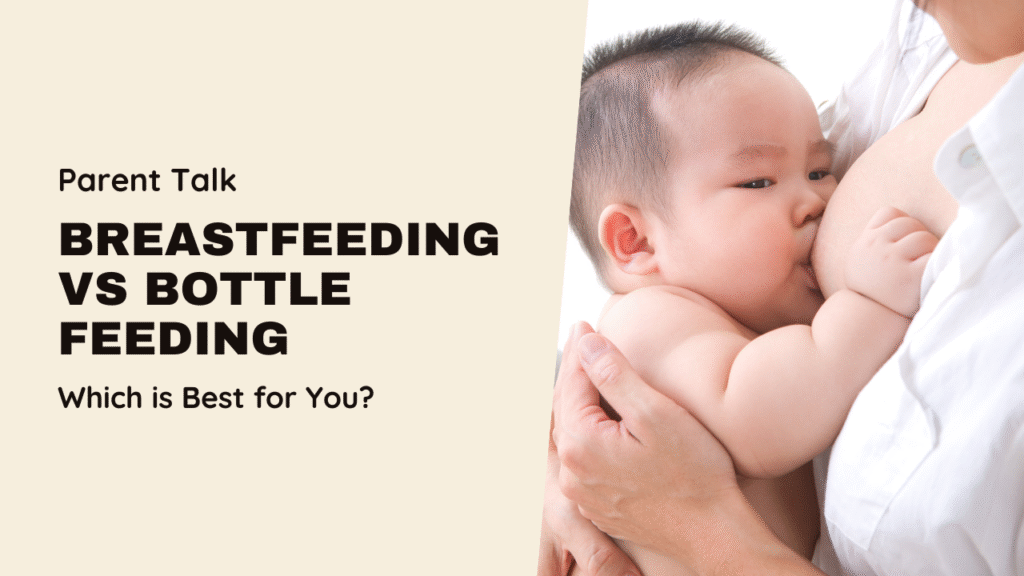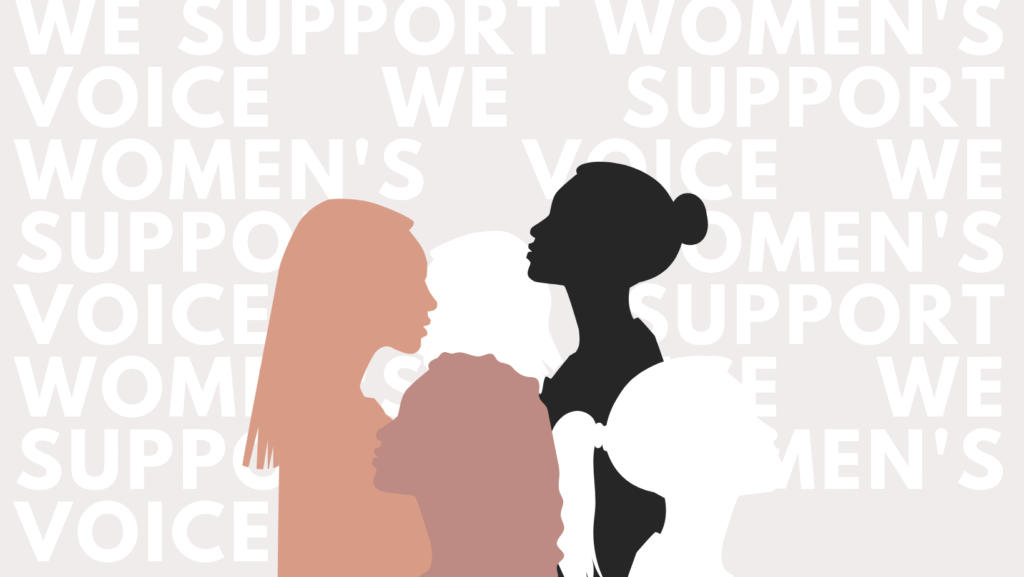Embracing the Home Stretch
The final weeks of pregnancy can be a unique blend of excitement, discomfort, and anticipation. As your due date approaches, your body is working hard to prepare for birth—but that doesn’t mean you have to suffer through the discomfort.
Whether you’re counting down the days or hoping baby arrives a little sooner, these gentle, effective strategies can help you find relief, rest, and calm as you move through the final stage of your pregnancy journey.
1. Physical Comfort Techniques
Pelvic Support
A maternity belt or belly band can help lift the weight of your belly and ease pressure on your lower back, hips, and pelvis. These supports can also improve posture and reduce sciatic pain.
Prenatal Massage
A certified prenatal massage therapist can provide targeted relief for sore muscles, swollen feet, and general tension. Be sure to choose someone experienced with late pregnancy care.
Warm Baths or Showers
Soaking in a warm (not hot) bath with Epsom salts can relax your muscles, ease joint discomfort, and promote better sleep. A steamy shower with calming essential oils such as lavender or chamomile can provide similar benefits.
Gentle Movement and Stretching
Prenatal yoga and light stretching can reduce tension in your hips, back, and shoulders. Short walks can keep your body active, support circulation, and may help your baby move into optimal position for birth.
2. Sleep Support
Pillow Power
Body pillows, pregnancy pillows, or a mix of pillows behind your back, between your knees, and under your belly can dramatically improve sleep comfort and alignment.
Elevate Your Legs
If swelling is an issue, sleep with your feet elevated on a few pillows to support circulation and reduce fluid buildup.
Bedtime Routine
Wind down with a cup of pregnancy-safe herbal tea, gentle stretching, or soft music to signal to your body that it’s time to rest.
3. Mental and Emotional Support
Guided Meditation and Breathing
Apps such as Expectful, Insight Timer, and GentleBirth offer pregnancy-specific meditations to help you reduce stress, manage discomfort, and connect with your baby.
Affirmations and Journaling
Write or repeat affirmations such as “My body knows how to prepare for birth.” Journaling about your hopes and emotions as you approach delivery can help reduce anxiety and build confidence.
Prenatal Counseling
If you’re feeling overwhelmed, talking with a therapist trained in perinatal mental health can provide emotional support and healthy coping tools for the transition to parenthood.
4. Comfort Items and Tools
- Heating Pads: For lower back and hip tension
- Compression Socks: To reduce swelling and improve circulation
- Birthing Balls: To sit, stretch, or bounce on for pelvic comfort
- Essential Oils: For relaxation and sleep (used safely and with guidance)
- Comfy Clothes: Soft, breathable fabrics—because comfort matters
5. Community and Resources
You don’t have to do this alone. Many expectant parents find reassurance through community and education.
- Online Groups: The Bump and What to Expect offer supportive forums
- Local Doula Services: Provide emotional, educational, and physical support before and during birth
- Prenatal Classes: In-person or virtual options on comfort measures and labor preparation
- Podcasts: The Birth Hour, Evidence Based Birth, and Birth Kweens
- Books: Ina May’s Guide to Childbirth by Ina May Gaskin; The Birth Partner by Penny Simkin
Final Thoughts
You’re in the home stretch. It’s okay to slow down, say no, rest more, and ask for help. Every pregnancy is unique—what soothes one person may not help another—so listen to your body and trust what feels right for you.
Comfort isn’t a luxury; it’s essential self-care during one of life’s most powerful transitions.
You’ve got this.





